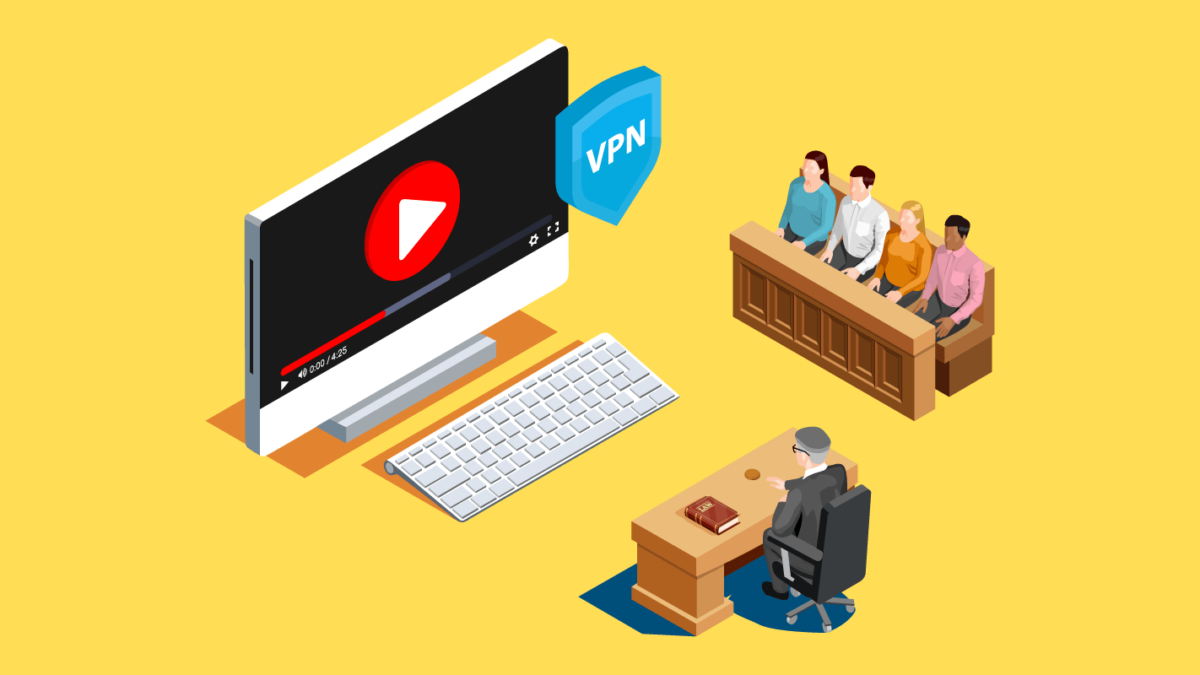The stylish VPN (or virtual private network) is an effective tool that encrypts your online conditioning and hides your true IP address, so you can keep your digital presence constantly private and defendable. Due to these core functions, VPNs are also useful when it comes to streaming. The stylish streaming VPN can overcome common restrictions like bandwidth throttling and geo-blocked content, which makes for charming implicit results for anyone who’s keen to maximize their streaming possibilities. Still, are the benefits of streaming with a VPN worth it? Likewise, are there any major downsides? In this article, หนังออนไลน์ will bandy the pros and cons of using a VPN when it comes to streaming.
Why not use a VPN for streaming?
Due to the differences in licensing agreements around the world, geo-blocked content is a common point across all the major streaming services—such as Netflix, BBC player, and HBO Max. This means that, if you’re streaming content, there will be certain television shows, pictures, and sporting events that aren’t available to watch in your country.
One of the biggest promises of VPNs is that they can bypass these restrictions by making it feel as though you’re penetrating geo-blocked content from an approved region. This is achieved by turning your internet business over to a suitably located remote garcon. Of course, VPNs aren’t unerring and can occasionally be detected by a streaming service. Still, if you choose a leading VPN that has a high position of encryption and numerous garcon locales (such as ExpressVPN), you’ll be able to pierce lots of region-constrained content and remain undetected.
The idea of being caught using a VPN to penetrate geo-blocked content might put you off the idea — but it needn’t. The chance of your account being suspended or cancelled due to using a VPN is slim. The worst that’s likely to happen is that you’ll see an error message that prevents you from penetrating the named content.
VPNs reduce the chances of softening when streaming.
Streaming is an online activity that can take up a lot of bandwidth. In response, your internet service provider (ISP) may decelerate your connection speed to neutralize any network traffic. This is known as bandwidth throttling, which can beget prolonged ages of frequent, disruptive buffering when streaming.
Still, by using a VPN with a high level of encryption (like AES 256-bit encryption), you’ll keep your internet activity successfully hidden from your ISP. As a result, you’re much less likely to witness bandwidth throttling while streaming, and thus avoid patient buffering issues. This is also what makes a gaming VPN a doubtful but veritably useful tool when playing multiplayer games online.
VPNs may drop your internet speed.
Although using a quality VPN reduces the chances of softening while you stream and can avoid network throttling, it might also drop your internet speed overall. This is because a VPN sends your online business along a translated lair to a remote boy, and this redundant exertion can make your internet speed lag.
Likewise, by using a reliable and fast VPN, you’ll be able to choose from a wide selection of garçon locales that aren’t overburdened with online business. Among the waiters available, there are likely to be suitable bones located fairly close by, meaning the distance your data travels will not be significant, if any, perceptible detention in connectivity.
Related posts
Recent Posts
- Sustainability Redefined: How Keter Group Brings the Blueprint For Better Living With Lakeside Collection October 30, 2023
- Tradingview: Unleashing the Revolutionary Power of Trading August 28, 2023
- 6 Features That Make Cantilever Racking a Smart Investment August 3, 2023
- Achieve Radiant Skin with French Professional Skin Care Brands July 10, 2023
- Use of technology and products for People with Kidney Stones June 19, 2023
- Uncovering New Opportunities for Your Medical Billing Business May 6, 2023
- 10 Reasons to Invest in Automated Insurance Claims Software May 6, 2023



